Home>diy>Building & Construction>Extra Expenses When Building A House
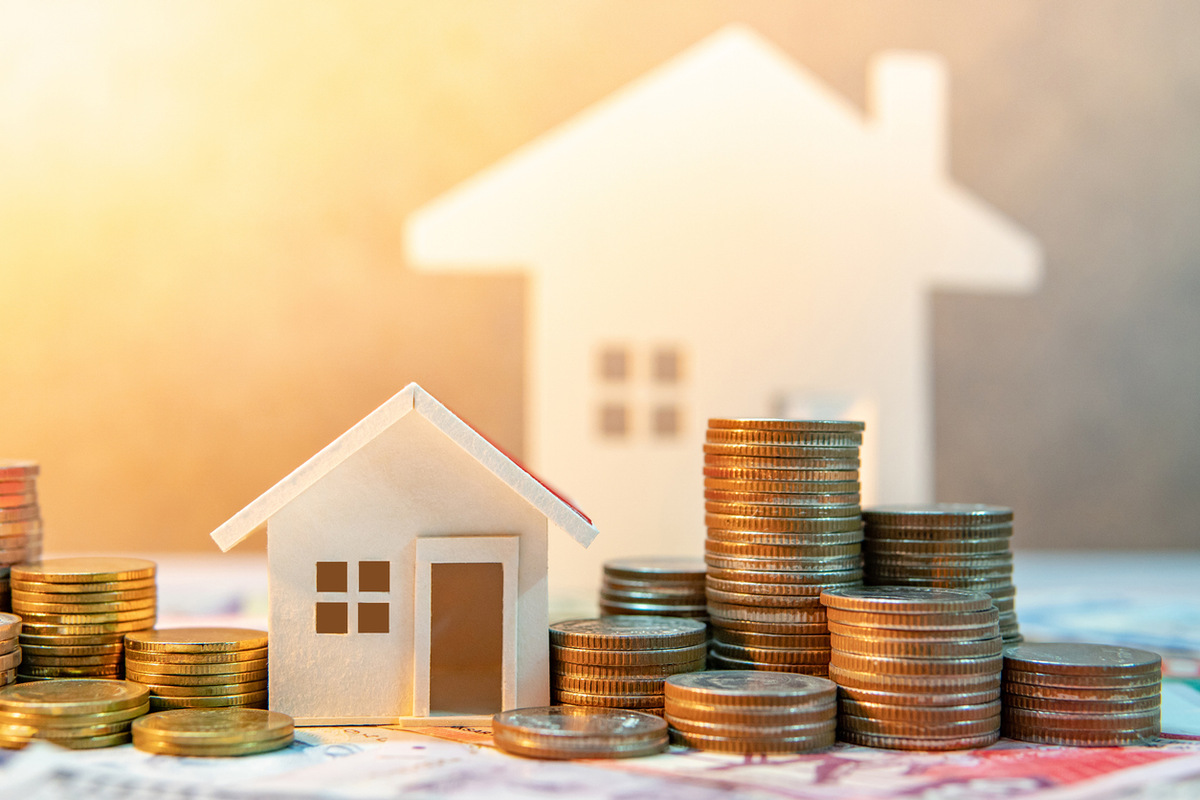

Building & Construction
Extra Expenses When Building A House
Modified: September 1, 2024
Discover the extra expenses you need to consider when undertaking a building construction project. Avoid unexpected costs and plan your budget meticulously.
(Many of the links in this article redirect to a specific reviewed product. Your purchase of these products through affiliate links helps to generate commission for Storables.com, at no extra cost. Learn more)
Introduction
Building a house is an exciting and rewarding project. Whether you are constructing your dream home or investing in a property, it is important to be aware of the various expenses that can come along with the construction process. While the cost of building a house will vary depending on factors such as size, location, and design, it is crucial to budget for both the expected expenses and the unexpected ones.
In this article, we will explore the extra expenses involved in building a house. From permit and inspection fees to interior finishes and landscaping, understanding these costs will help you plan your construction project more effectively and avoid any unpleasant financial surprises along the way.
So, let’s dive into the details and discover the expenses that you should consider when building your dream home.
Key Takeaways:
- Budgeting for a house construction project involves accounting for various expenses such as permits, labor, materials, and legal costs to avoid financial surprises and ensure a smooth and successful building process.
- Planning for landscaping, interior finishes, and miscellaneous expenses is essential to create a functional, aesthetically pleasing, and stress-free construction experience while turning your dream home into a reality.
Read more: Questions To Ask When Building A House
Permit and Inspection Fees
Before construction can begin, you will need to obtain the necessary permits and approvals from your local government or building department. These permits ensure that your house meets safety and building code requirements. However, keep in mind that obtaining permits usually comes with associated fees that vary depending on your location and the scope of your project.
In addition to the initial permit fees, you will also need to budget for inspection fees. Throughout the construction process, your local building department will conduct inspections to ensure that the work is being completed according to the approved plans and building codes. These inspections are crucial to ensure the structural integrity and safety of your new home.
The cost of permit and inspection fees will depend on factors such as the size and complexity of the project. It is essential to research the requirements and fees in your area and include them in your budget from the beginning. Failing to obtain the necessary permits or skipping inspections can result in penalties, fines, or even having to redo parts of the construction.
Remember to factor in these permit and inspection fees when planning your construction budget. It is better to allocate enough funds for these costs upfront rather than being caught off guard later in the process. By properly accounting for these expenses, you can ensure that your construction project stays on track and complies with all regulations.
Land and Site Preparation Costs
When building a house, the cost of the land itself is just the beginning. Before construction can take place, the site must be properly prepared to accommodate the new structure. Site preparation costs typically include clearing the land, grading and leveling the site, and utility connections.
Clearing the land involves removing any trees, vegetation, or debris from the construction area. This process may require hiring professionals with specialized equipment, such as tree removal services or land excavation crews. The cost of land clearing can vary depending on the size and condition of the site.
After clearing the land, grading and leveling are necessary to ensure a solid foundation for your house. This involves reshaping the land’s surface and ensuring proper drainage to prevent potential issues in the future. Grading and leveling costs depend on the extent of the work needed and the complexity of the site’s topography.
Additionally, connecting utilities such as electricity, water, and sewage systems to the site is another crucial aspect of site preparation. This may require working with utility providers to extend lines and install infrastructure, which can incur additional costs. It is essential to consider these expenses when budgeting for your construction project.
Moreover, site preparation costs can be influenced by other factors such as soil conditions, accessibility, and location. For instance, building on sloped or rocky terrain may require additional excavation work, which can drive up expenses. Similarly, if the site is located in a remote area, transporting equipment and materials may incur higher costs.
Ultimately, being aware of the potential land and site preparation costs is vital for effective budgeting when building a house. Researching local prices, getting multiple quotes from contractors, and consulting with professionals can help you better estimate and plan for these expenses.
Architectural and Design Fees
When building a house, working with an architect or a design professional is essential to create a well-planned and aesthetically pleasing home. The architectural and design fees cover the services provided by these professionals, including creating the initial design, producing detailed plans and drawings, and overseeing the construction process.
The cost of architectural and design fees can vary depending on several factors, such as the complexity of the project, the size of the house, and the level of customization required. Architects typically charge a percentage of the total construction cost as their fee, which can range from 10% to 20%. Alternatively, some architects charge an hourly or fixed fee for their services.
It is important to work closely with your architect or design professional to clearly communicate your vision, budget, and specific requirements. This collaboration will help ensure that the design not only meets your aesthetic preferences but also fits within your budget. The architectural and design fees should be accounted for in your overall construction budget.
In addition to the initial design, architects can provide valuable input and guidance throughout the construction process, making sure that the project stays on track and meets building code requirements. Their involvement can help in preventing costly mistakes and ensuring that the final result matches your expectations.
Keep in mind that architectural and design fees are an investment in creating a high-quality and functional home. Hiring a skilled professional can contribute to the overall value and appeal of your property. It is advisable to research and interview multiple architects or design firms to find the right fit for your project in terms of style, experience, and cost.
Remember to allocate a portion of your construction budget for architectural and design fees. This will ensure that you have the necessary funds to hire a qualified professional and create a well-designed home that meets your needs and aspirations.
Construction Materials
Building a house requires a wide range of construction materials, and their cost can significantly impact your overall budget. From the foundation to the roof and everything in between, it is important to allocate funds for purchasing high-quality materials that meet your design and durability requirements.
The cost of construction materials can vary depending on factors such as the size of the house, the complexity of the design, and the availability of materials in your area. It is crucial to research and obtain quotes from multiple suppliers to get the best possible prices and ensure that the materials are within your budget.
Some of the common construction materials include:
- Concrete and Masonry: These materials are used for the foundation, walls, and structural elements of the house. The cost of concrete and masonry materials will depend on the size of the structure and the specific requirements of the project.
- Lumber and Framing: Wood is often used for framing and structural components of the house. The cost of lumber can fluctuate based on market conditions, so it is important to factor in potential price variations.
- Roofing Materials: Whether you choose asphalt shingles, metal roofing, or other options, the cost of roofing materials will depend on the size of the roof and the desired durability and aesthetics.
- Windows and Doors: Energy-efficient windows and sturdy doors are crucial for security, insulation, and natural light. These materials come in various price ranges, so it is essential to consider your budget while balancing quality.
- Flooring: Depending on your preferences, you may opt for hardwood, tile, laminate, or other flooring materials. The cost will vary based on the type of flooring and the square footage of the area to be covered.
In addition to these materials, there are numerous other construction products and supplies, such as insulation, plumbing fixtures, electrical wiring, and HVAC systems, that contribute to the overall cost.
In order to manage construction material costs, it is advisable to create a detailed list of required materials and obtain quotes from different suppliers. This allows you to compare prices and make informed decisions about the most cost-effective options without compromising quality.
Remember that investing in high-quality materials can lead to long-term savings in terms of maintenance, energy efficiency, and durability. Allocating a sufficient budget for construction materials will ensure that your house is built to last and meets your expectations in terms of aesthetics and functionality.
Read more: Biggest Regrets When Building A House
Labor Costs
Labor costs play a significant role in the overall expense of building a house. Hiring skilled contractors, subcontractors, and construction workers is crucial to ensure that your project is executed properly and meets the desired quality standards.
The cost of labor can vary depending on a variety of factors such as the complexity of the project, the location of the construction site, and the prevailing wage rates in the area. It is essential to obtain multiple quotes from different contractors and labor providers to get a realistic estimate of the labor costs involved.
Construction labor costs typically include the following:
- General Contractor: A general contractor oversees the entire construction process, manages subcontractors, and ensures that the project is completed on time and within budget. Their fees are usually a percentage of the total construction cost.
- Subcontractors: Subcontractors are specialized workers hired for specific tasks such as electrical work, plumbing, roofing, and HVAC installation. Their fees can vary depending on the complexity of the job and local market rates.
- Construction Workers: Skilled construction workers, including carpenters, masons, framers, and laborers, are essential to carry out the actual construction work. Their wages are determined by regional labor rates and the nature of the tasks they perform.
It is important to note that labor costs may also include additional expenses such as worker’s compensation insurance, payroll taxes, and benefits. These factors can contribute to the overall labor cost, so it is necessary to account for them in your budget.
When it comes to labor costs, it is crucial to strike a balance between quality and affordability. While it may be tempting to hire the cheapest labor available, compromising on expertise and experience can lead to costly mistakes, delays, and rework. Therefore, it is recommended to choose reliable and reputable contractors and labor providers who have a track record of delivering high-quality work.
Communication and transparency with your contractors are also key factors in managing labor costs. Clearly communicate your expectations, project timelines, and budget constraints to avoid any misunderstandings or unforeseen expenses. Regularly monitoring the progress of the construction and addressing any issues promptly can help to keep labor costs in check.
By allocating a sufficient budget for labor costs and selecting skilled professionals, you can ensure the smooth execution of your construction project and achieve the desired results within your budgetary constraints.
Utilities Installation
When building a house, one of the necessary expenses to consider is the installation of utilities. These utilities include electricity, water, gas, and sewage systems that are essential for a functioning and comfortable home.
The cost of utilities installation can vary depending on several factors, such as the location of your property, distance to utility connections, the complexity of the infrastructure required, and any permit fees or connection charges imposed by utility providers.
Here are some key utilities and their associated costs to keep in mind:
- Electricity: The cost of electrical installation includes hiring a licensed electrician to connect your house to the electrical grid, wiring the interior, and installing outlets, switches, and light fixtures. The expense can be influenced by factors such as the size of the house and the specific electrical requirements.
- Water and Plumbing: Installing a water supply system involves connecting to the main water line, setting up pipes, and installing fixtures such as taps, toilets, and showers. Plumbing costs can vary based on the complexity of the system, the number of bathrooms, and the type of fixtures you choose.
- Gas: If your house will use gas for heating, cooking, or other purposes, you will need to factor in the cost of installing a gas supply line and connecting to the main gas network. This may involve working with a licensed gas fitter and complying with safety regulations.
- Sewage and Septic System: Depending on your location, you may need to install a septic system or connect to the municipal sewer line. The cost can vary based on the type of system required, the soil conditions, and any necessary permits or inspections.
It is important to consult with utility providers early in the construction process to understand their requirements, obtain cost estimates, and schedule necessary connections. This will help you plan for these expenses and avoid any delays in obtaining essential services for your new home.
Keep in mind that some utility companies may have specific guidelines or regulations regarding installation, so it is crucial to work with professionals who are familiar with these requirements. This will ensure compliance and help avoid any potential issues or additional costs in the future.
By factoring in the costs of utilities installation in your construction budget, you can ensure that your house is properly connected and equipped with essential services from the very beginning. This will contribute to the functionality and comfort of your home for years to come.
HVAC System
An HVAC (Heating, Ventilation, and Air Conditioning) system is an essential component of any modern home, ensuring comfort and maintaining optimal indoor air quality. When building a house, budgeting for the installation of an HVAC system is an important consideration.
The cost of an HVAC system can vary depending on various factors, including the size of the house, the climate in the area, and the specific requirements of the occupants. Here are some key aspects to consider when estimating HVAC costs:
- Heating System: The type of heating system you choose will impact the cost. Options include furnaces, heat pumps, or radiant heating systems. Consider factors such as energy efficiency, fuel availability, and maintenance requirements when evaluating heating options.
- Cooling System: In warm climates, an air conditioning system is essential for maintaining comfort. The cost of a cooling system depends on factors such as the size of the house, the type of cooling unit (central AC, ductless mini-split, etc.), and energy efficiency ratings.
- Ventilation: Proper ventilation is crucial for maintaining good indoor air quality. This includes the installation of exhaust fans in bathrooms and the kitchen, as well as a balanced ventilation system that ensures a constant supply of fresh air.
- Ductwork: If you choose a central HVAC system, the cost of installing ductwork should be considered. Ductwork allows for the distribution of conditioned air throughout the house and should be designed and installed properly to ensure efficient airflow.
- Thermostat and Controls: Smart thermostats and advanced controls can enhance energy efficiency and allow for convenient temperature management. Consider the cost of these additional components when budgeting for your HVAC system.
It is recommended to consult with HVAC professionals who can assess your specific needs and provide accurate cost estimates. They can consider factors such as the size and layout of your house and make appropriate recommendations for the most efficient and cost-effective system.
Keep in mind that investing in a high-quality and energy-efficient HVAC system may result in long-term savings on utility bills. While the initial cost may be higher, the energy efficiency and comfort provided by an efficient system can translate into lower ongoing expenses and increased value for your home.
Proper installation and regular maintenance of your HVAC system are essential for its longevity and optimal performance. Be sure to include the cost of regular maintenance and potential repairs in your budget to ensure that your HVAC system operates efficiently throughout the life of your home.
By accounting for the cost of an HVAC system during the construction phase, you can create a comfortable and energy-efficient living environment for your new home.
When building a house, budget for extra expenses such as landscaping, window treatments, and appliances. These costs are often overlooked but can add up quickly.
Plumbing and Electrical Systems
When building a house, two critical systems that require careful planning and budgeting are the plumbing and electrical systems. These systems are integral to the functionality and comfort of your home, providing access to water and power throughout the house.
Here’s what you need to consider when estimating the costs of plumbing and electrical systems:
- Plumbing System:
- Determine the number of bathrooms, kitchens, and other areas that require plumbing fixtures.
- Factor in the cost of pipes, connectors, valves, and other plumbing materials.
- Budget for labor expenses, which include hiring licensed plumbers to install and connect the plumbing system.
- Consider additional features such as water heaters, water filtration systems, and outdoor plumbing, if necessary.
- Electrical System:
- Calculate the number of outlets, switches, and light fixtures needed in each room.
- Factor in the cost of electrical wiring, electrical panels, circuit breakers, and other necessary electrical components.
- Budget for labor expenses, including hiring licensed electricians to install and connect the electrical system.
- Consider any specialized electrical requirements, such as dedicated circuits for large appliances or outdoor electricity needs.
It is important to work with licensed professionals for both plumbing and electrical system installations. They will ensure that the systems comply with local building codes and safety standards. Hiring reputable contractors will provide additional peace of mind and minimize the risk of future issues or costly repairs.
Moreover, consider energy-efficient options for both plumbing and electrical systems. This may include using low-flow fixtures to reduce water consumption or opting for energy-saving lighting and appliances. While these choices may have a slightly higher upfront cost, they can lead to long-term savings on utility bills and contribute to a more sustainable home.
While the initial costs of plumbing and electrical systems can vary depending on factors like the size of the house and the complexity of the installations, it is important to factor in ongoing maintenance costs as well. Regular inspections, repairs, and maintenance of these systems are essential to ensure their longevity and optimal performance.
By properly budgeting for plumbing and electrical systems at the outset of your construction project, you can ensure a safe, functional, and efficient home that meets your daily needs for water and power.
Read more: Must-Haves When Building A House
Interior Finishes
When building a house, one of the most exciting stages is choosing and installing the interior finishes. These finishes give your home its unique character and reflect your personal style and preferences. From flooring and walls to cabinetry and countertops, there are several elements to consider when budgeting for interior finishes.
Here are some key interior finishes to keep in mind:
- Flooring: The type of flooring you choose will impact both the aesthetics and functionality of your home. Options include hardwood, laminate, tile, carpet, and vinyl. Each material has its own cost per square foot, so it is important to consider your budget and the specific needs of each room when selecting flooring options.
- Walls: Wall finishes can vary from traditional painted walls to more luxurious options like wallpaper, textured finishes, or decorative wall panels. The cost of wall finishes will depend on materials and complexity of installation.
- Cabinetry and Countertops: Kitchen and bathroom cabinetry, along with countertops, are significant interior finish elements. The cost of cabinetry and countertops will be influenced by factors like material, design complexity, and the size of the space.
- Doors and Trim: Choosing the right doors and trim can add a touch of elegance and cohesiveness to your home’s interior. Consider the cost of solid wood or composite doors, and decorative or simple trim options.
- Lighting Fixtures: Lighting fixtures play a crucial role in setting the mood and ambiance of each room. Be sure to allocate a budget for a variety of lighting options such as chandeliers, pendant lights, recessed lights, and sconces.
- Hardware and Accessories: The cost of hardware like doorknobs, faucet fixtures, and cabinet handles can add up, but they are important to tie together the overall look and feel of your home. Factor in these small but essential details when budgeting for interior finishes.
It is necessary to consider the quality and durability of materials when selecting interior finishes. While it may be tempting to opt for more budget-friendly options, investing in high-quality finishes can lead to longer-lasting and more aesthetically pleasing results in the long run.
Furthermore, it is advisable to work with experienced professionals when installing interior finishes. They can provide guidance on material selection, offer design suggestions, and ensure that the installation is done correctly and to your satisfaction.
Remember to allocate a realistic budget for interior finishes based on your desired aesthetics, functional requirements, and overall vision for your home. Proper budgeting will ensure that you can create a beautiful and comfortable living space that reflects your personal style and preferences.
Appliances and Fixtures
Appliances and fixtures are essential elements that bring functionality and convenience to your new home. When budgeting for your construction project, it is important to include the cost of these items, as they play a significant role in the day-to-day activities of your household.
Here are some key considerations when estimating the cost of appliances and fixtures:
- Kitchen Appliances: The kitchen is often considered the heart of the home, and the cost of appliances can vary greatly depending on factors such as brand, size, and features. Consider the cost of items such as refrigerators, stoves, ovens, dishwashers, and microwaves.
- Bathroom Fixtures: Bathroom fixtures are essential for both functionality and aesthetics. The cost of fixtures like toilets, sinks, faucets, showers, and bathtubs can vary based on material, design, and brand.
- Laundry Appliances: If you have a dedicated laundry area, consider the cost of appliances like washing machines and dryers. Additionally, factor in any necessary plumbing or electrical requirements specific to the laundry area.
- Light Fixtures: Lighting fixtures are not only functional but also contribute to the overall ambiance and style of your home. Allocate a budget for light fixtures for each room, including chandeliers, pendant lights, ceiling lights, and wall sconces.
- Smart Home Technology: If you are interested in integrating smart home technology, be sure to budget for items such as smart thermostats, security systems, door locks, and voice-controlled assistants.
When selecting appliances and fixtures, it is important to balance cost with quality and energy efficiency. While it may be tempting to choose lower-priced options, investing in energy-efficient appliances can lead to long-term savings on utility bills and contribute to a more environmentally friendly home.
When estimating costs, be sure to research different brands and suppliers, compare prices, and factor in any delivery or installation fees that may apply. It is important to account for these expenses upfront to avoid any unpleasant surprises during the construction process or after moving into your new home.
Working with reputable suppliers and manufacturers can help ensure that you are investing in reliable and high-quality appliances and fixtures. They can provide guidance on selection, offer warranties, and provide after-sales support, which can be valuable in case of any issues or necessary repairs.
By budgeting for appliances and fixtures, you can create a functional and efficient home that meets your needs and enhances your lifestyle, making your new house truly feel like a home.
Landscaping and Exterior Features
When building a house, it’s important to consider the cost of landscaping and exterior features to create an inviting and aesthetically pleasing outdoor space. These elements enhance the curb appeal of your home and can significantly contribute to its overall value. Here are some key factors to consider when budgeting for landscaping and exterior features:
- Grading and Yard Preparation: Properly grading the land and preparing the yard is the first step in creating a beautiful landscape. This process involves leveling the ground, removing debris, and ensuring proper drainage. The cost will depend on the size and condition of the land.
- Plants and Trees: The cost of plants, shrubs, and trees will vary depending on the type, size, and quantity. Consider using a mix of native and low-maintenance plants to reduce long-term maintenance and watering costs.
- Lawn and Turf: If you desire a lush green lawn, the cost will include soil preparation, grass seed, sod, or artificial turf installation. The size of the lawn area will be a significant factor in the cost calculation.
- Hardscaping: Hardscaping includes features such as walkways, patios, driveways, and retaining walls. The cost depends on the materials chosen (such as concrete, pavers, or natural stone) and the complexity of the design and installation.
- Outdoor Living Spaces: Consider budgeting for outdoor living spaces like a deck, pergola, or outdoor kitchen. These spaces provide additional areas for relaxation and entertainment and can vary significantly in cost depending on the materials and features chosen.
- Water Features and Lighting: Incorporating water features like ponds, fountains, or waterfalls, as well as outdoor lighting, can create a visually appealing and soothing atmosphere. The cost will depend on the size, complexity, and materials used.
- Fencing and Privacy Screens: If you desire privacy and security, consider including fencing or privacy screens in your budget. The cost will depend on the materials chosen and the size of the area to be enclosed.
It is advisable to consult with professional landscapers or designers who can help you create a cohesive and functional outdoor space within your budget. They can provide guidance on plant selection, design ideas, and cost-effective options.
When budgeting for landscaping and exterior features, it’s important to consider both the initial installation costs and ongoing maintenance expenses. Landscaping requires regular care such as watering, fertilizing, pruning, and seasonal maintenance, so be sure to allocate funds for these tasks.
In addition to the aesthetic benefits, a well-designed and maintained outdoor space can increase the value of your property and provide a welcoming atmosphere for you and your visitors to enjoy. By planning and budgeting for landscaping and exterior features, you can create a beautiful and functional outdoor oasis that complements your new home.
Legal and Insurance Costs
When building a house, it is important to account for the legal and insurance costs associated with the construction process. These expenses protect your investment, ensure regulatory compliance, and provide you with peace of mind. Here are some key aspects to consider:
- Permits and Licensing: Obtaining building permits and licenses is a necessary step in the construction process. These documents ensure that your construction project meets local regulations and building codes. Permit fees vary depending on the location and the scope of your project.
- Architect and Engineer Fees: Hiring architects and engineers to design and oversee your construction project comes with associated fees. These professionals ensure that the plans meet structural and safety requirements, and their expertise can help avoid costly mistakes.
- Legal Documentation: Engaging with lawyers or solicitors to review contracts, draft agreements, and assist with legal matters is crucial. Their services include tasks such as establishing contracts with contractors and suppliers, handling any property-related legal issues, and safeguarding your interests throughout the construction process.
- Insurance: Construction insurance is vital to protect your investment against unforeseen events such as accidents, property damage, or liability claims. It covers risks during the construction phase, and once the house is completed, you will need to obtain homeowners’ insurance to protect your property and possessions against different perils.
- Warranties and Guarantees: It is common to obtain warranties and guarantees from contractors and manufacturers to cover any defects or issues that may arise after completion. These warranties offer additional protection and can save you from unexpected expenses in the future.
- Property Taxes: As a homeowner, you will become responsible for property taxes once the house is built. Research the property tax rates in your area to estimate and plan for these ongoing expenses.
By accounting for these legal and insurance costs, you can ensure that your construction project is conducted in a compliant and protected manner. Consulting with professionals in the legal and insurance fields will provide you with the necessary guidance and ensure that you are adequately covered throughout the process.
Keep in mind that legal and insurance costs can vary depending on factors such as the location, size of the project, and the complexity of legal matters. It is recommended to allocate a portion of your budget specifically for these expenses to avoid any unexpected financial burdens.
Remember, investing in legal and insurance measures not only protects your investment but also provides you with a solid foundation for a worry-free homeownership experience.
Read more: Closing Costs When Building A House
Miscellaneous Expenses
When building a house, it is important to consider miscellaneous expenses that may arise throughout the construction process. These costs can sometimes be unexpected but are essential to ensure the smooth completion of your project. Here are some common miscellaneous expenses to keep in mind:
- Site Cleanup and Waste Removal: After construction, there will be debris and waste that needs to be removed from the site. Allocate funds for site cleanup and waste disposal services to maintain a safe and clean environment.
- Temporary Utilities: While your house is being built, you may require temporary utilities such as electricity, water, and possibly a temporary construction restroom. Factor in the costs associated with installing and maintaining these temporary utilities during the construction phase.
- Storage Costs: If your construction schedule requires materials to be delivered in advance or stored on-site, consider the cost of storage facilities or temporary structures to protect these materials from damage or theft.
- Security Measures: Construction sites can be vulnerable to theft and vandalism. Budget for security measures such as fencing, surveillance cameras, or security personnel to protect your investment during the construction process.
- Contingency Fund: It is wise to set aside a contingency fund to account for any unforeseen issues or changes that may arise during construction. This fund can help cover unexpected expenses and prevent delays in the project timeline.
- Professional Consultations: Depending on the complexity of your project, you may need to consult with professionals such as interior designers, landscape architects, or energy efficiency consultants. Consider their fees when budgeting for miscellaneous expenses.
- Moving Costs: Once your house is completed, there may be additional costs associated with moving into your new home. This can include hiring professional movers, purchasing new furniture, or updating utilities in your name.
It is important to have a comprehensive understanding of your project’s scope and consult with professionals to identify any potential miscellaneous expenses that may arise. By budgeting for these costs from the beginning, you can avoid financial surprises and delays during the construction process.
Flexibility is key when it comes to miscellaneous expenses, as unforeseen circumstances can arise. Having a contingency fund and regularly reviewing and adjusting your budget will help you navigate unexpected costs while keeping your construction project on track.
Remember, thorough planning and consideration of miscellaneous expenses will contribute to a successful and stress-free construction experience, allowing you to enjoy your new home without any financial burdens or surprises.
Conclusion
Building a house is an exciting endeavor, but it is crucial to understand and budget for the various expenses that come along with the construction process. From permit fees and site preparation costs to architectural fees and construction materials, considering these factors upfront will help you plan your project more effectively and avoid financial surprises along the way.
Permit and inspection fees ensure compliance with local regulations, while land and site preparation costs prepare the foundation for your dream home. Architectural and design fees help bring your vision to life, and construction materials determine the quality and durability of your house.
Labor costs and the installation of utilities are integral components that require skilled professionals for a successful outcome. Plumbing and electrical systems provide essential utilities within your home, while interior finishes and appliances add style, functionality, and comfort.
Landscaping and exterior features enhance the curb appeal of your property, while legal and insurance costs protect your investment and provide peace of mind. Additionally, accounting for miscellaneous expenses ensures that you are prepared for any unexpected costs or situations that may arise during construction.
In conclusion, understanding and budgeting for these expenses will help you create a comprehensive construction plan and avoid any financial or logistical hurdles. By taking into account the various costs associated with building a house, you can ensure a smooth and successful construction journey from start to finish.
Remember to consult with professionals, conduct thorough research, and regularly review and adjust your budget as needed. Building a house is a significant investment, and by carefully considering the expenses involved, you can turn your dream of homeownership into a reality while minimizing any financial stress along the way.
Frequently Asked Questions about Extra Expenses When Building A House
Was this page helpful?
At Storables.com, we guarantee accurate and reliable information. Our content, validated by Expert Board Contributors, is crafted following stringent Editorial Policies. We're committed to providing you with well-researched, expert-backed insights for all your informational needs.
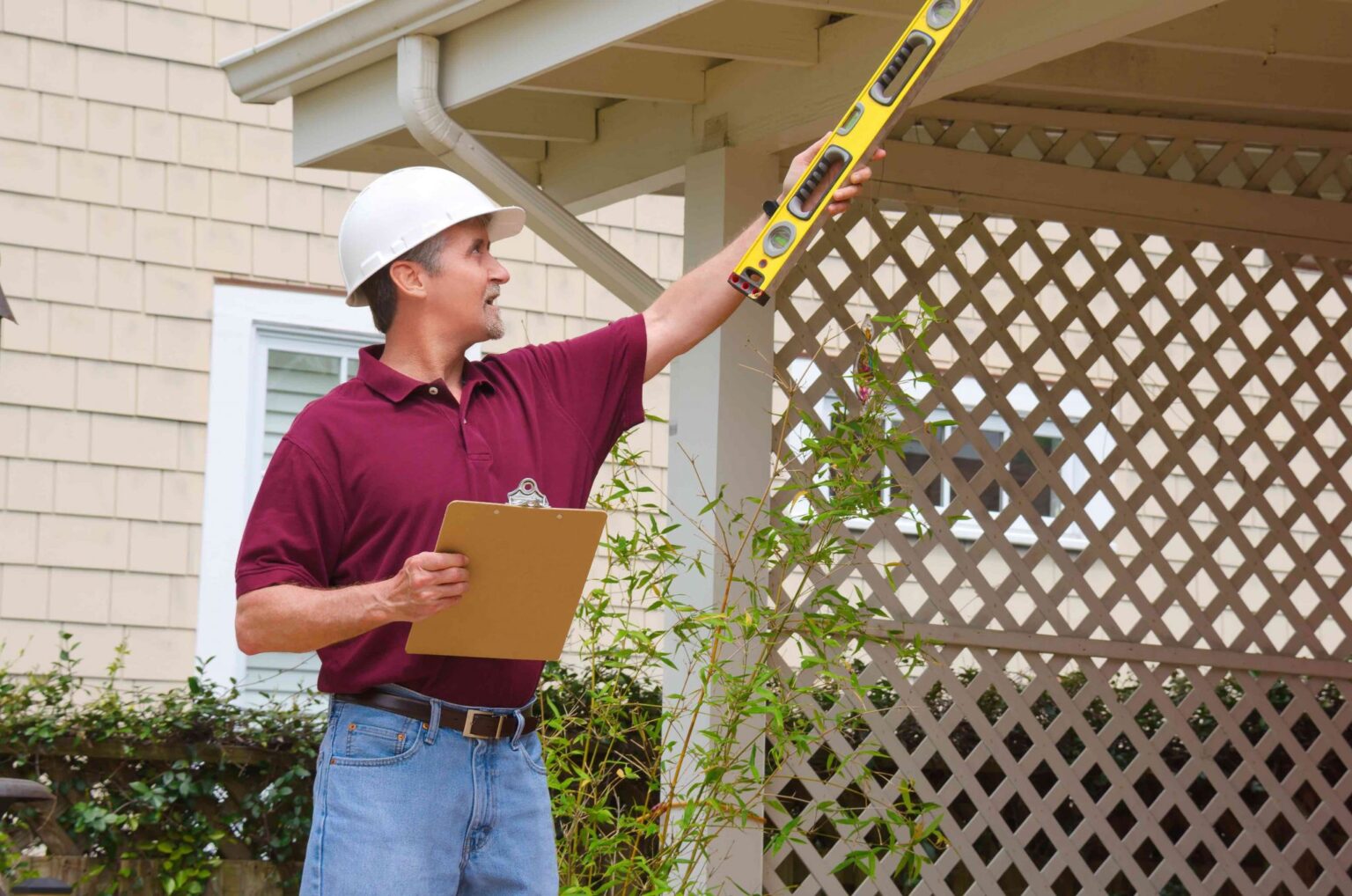
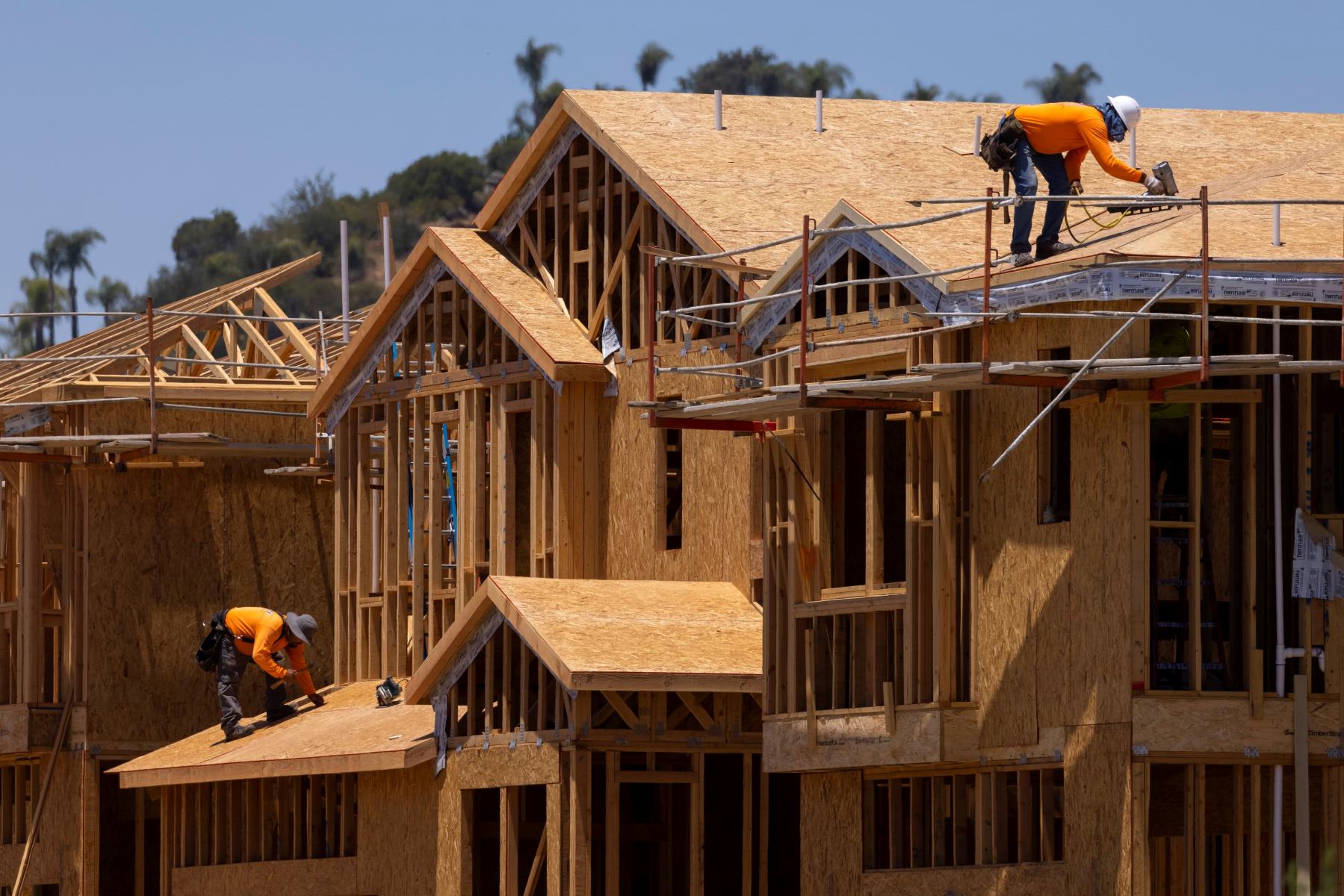
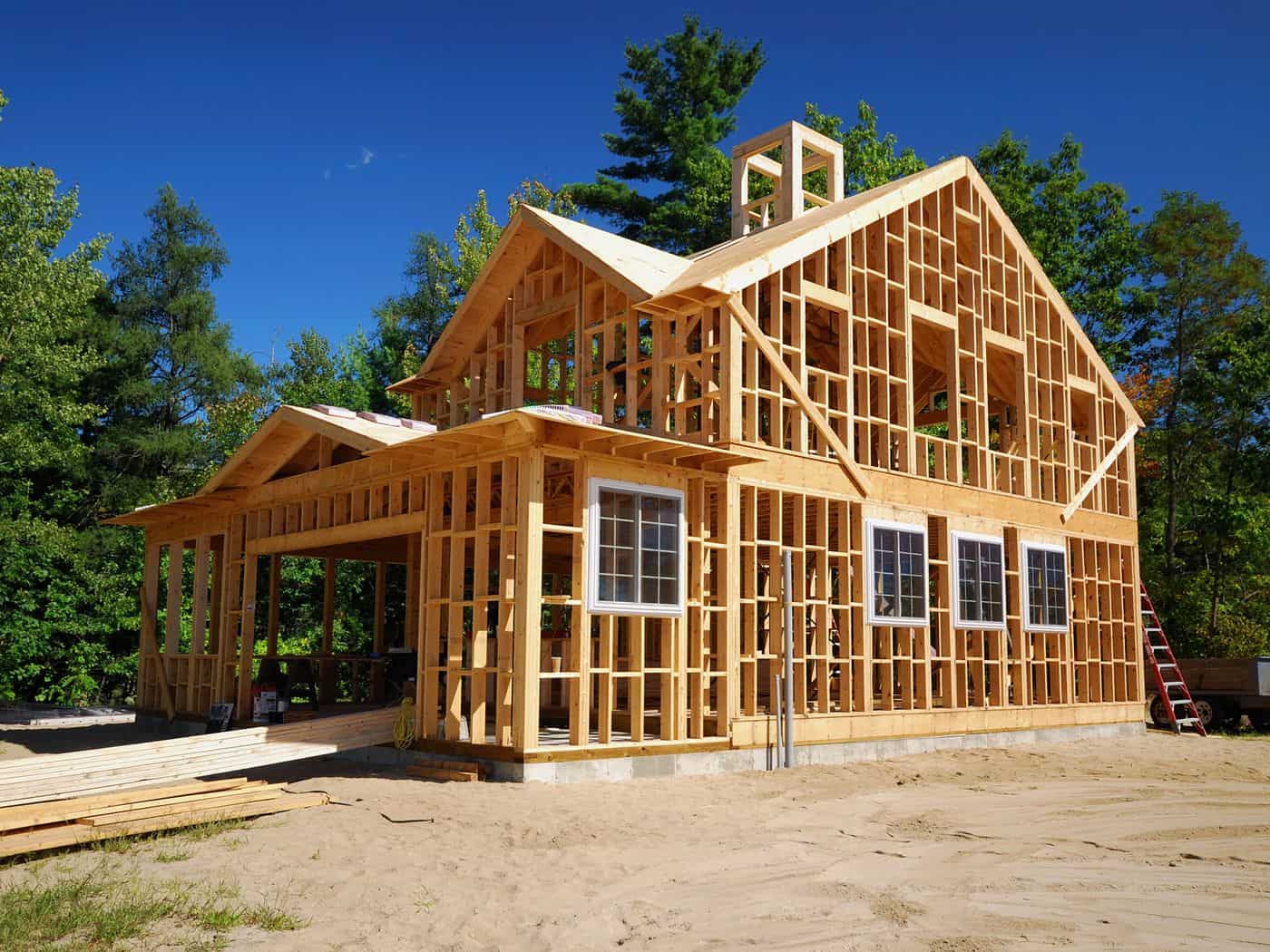
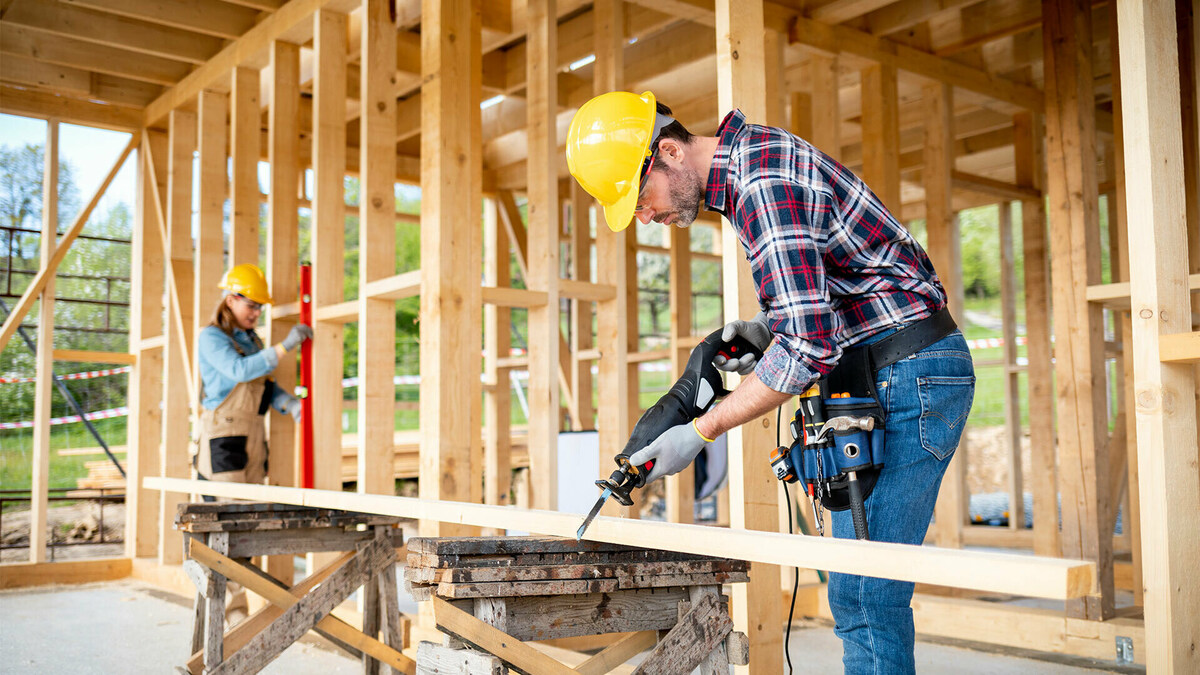
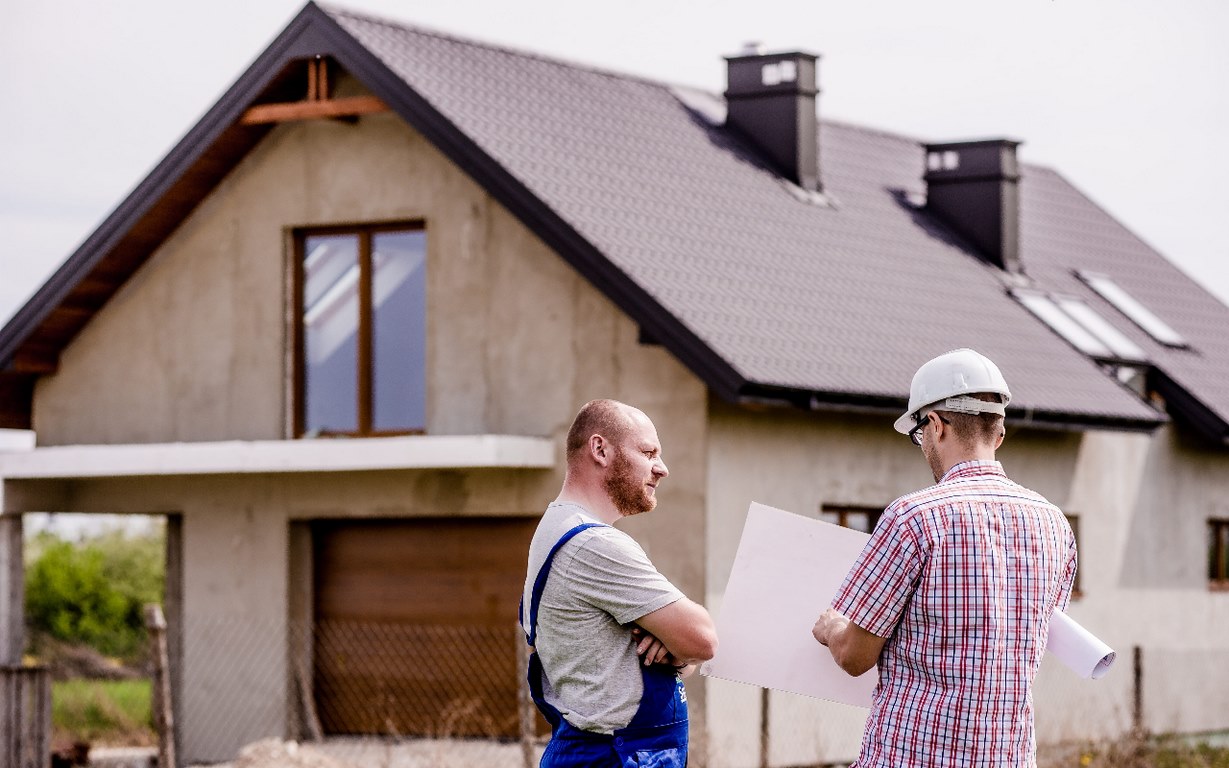

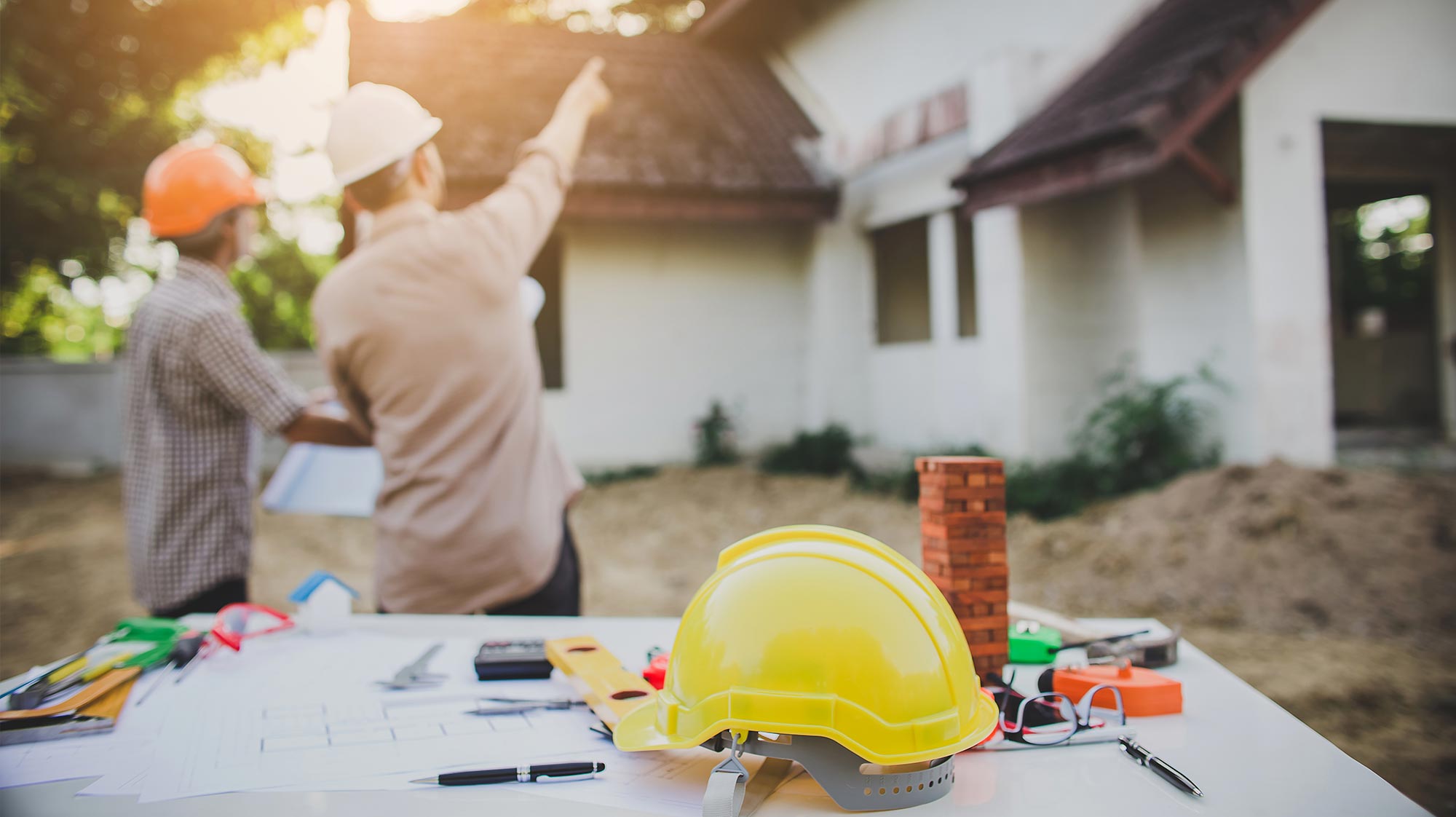


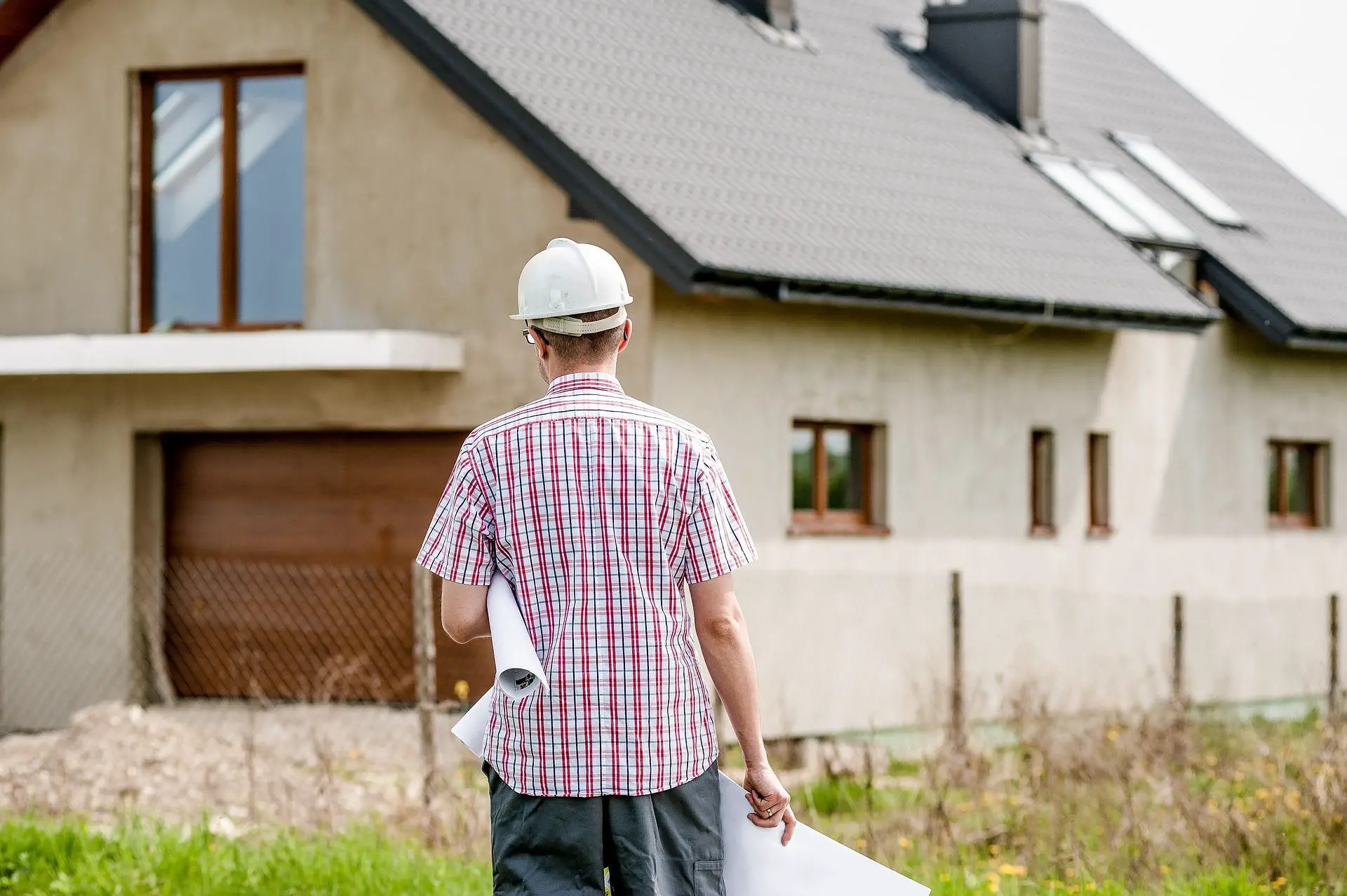
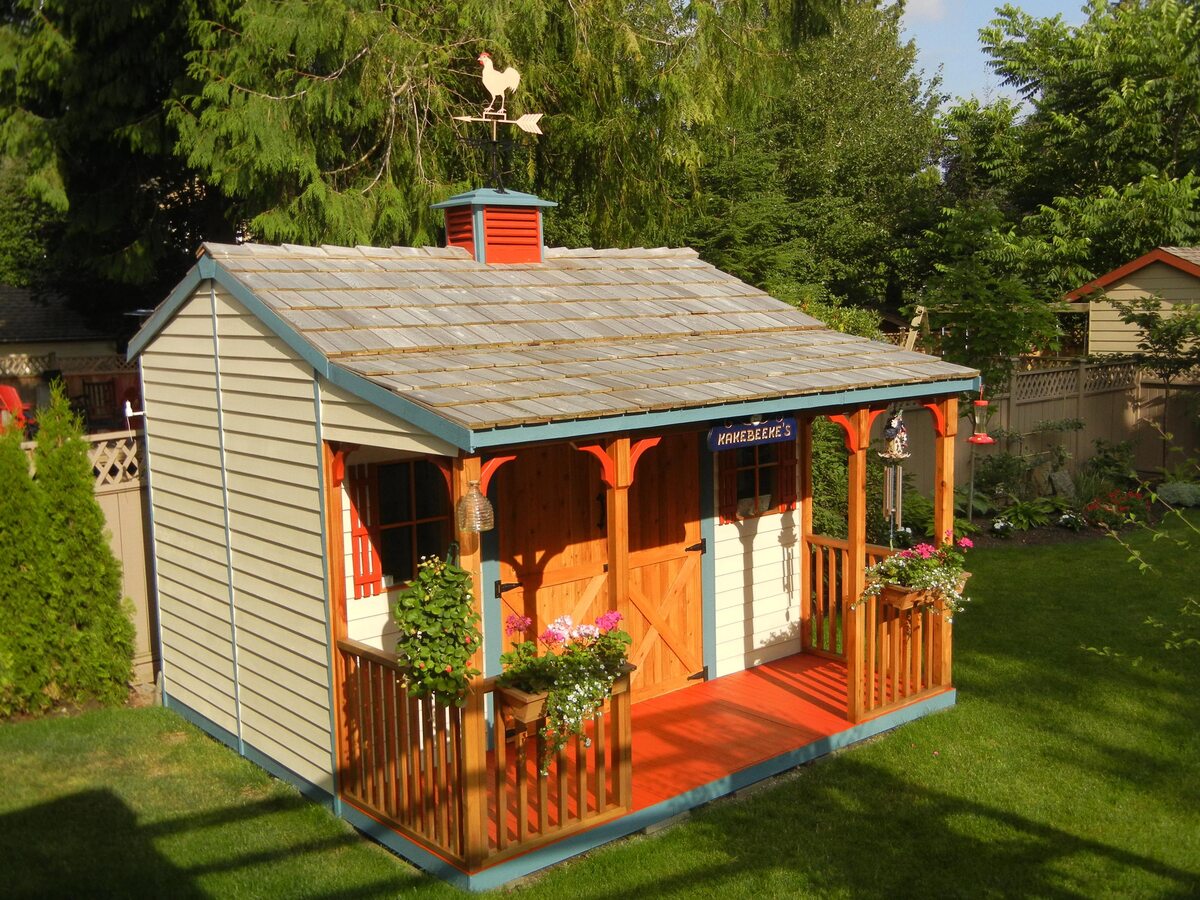
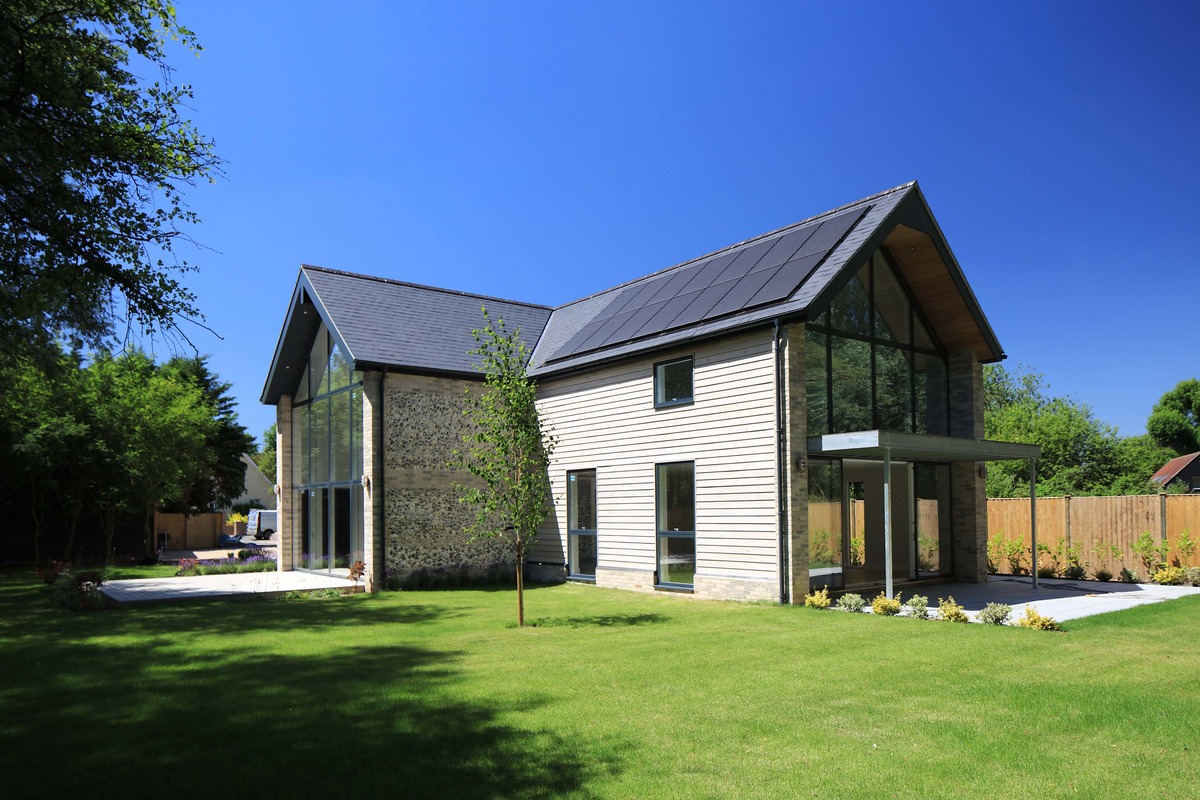

0 thoughts on “Extra Expenses When Building A House”